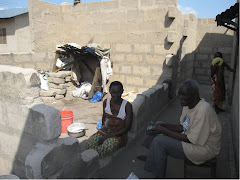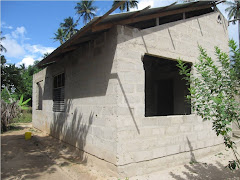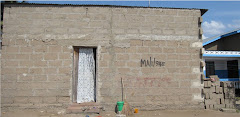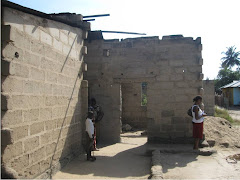July was our first full month of operations. As at the close of the month we have nearly 90 clients registered and disbursed 21 MAKAZI BORA home improvement loans. We also tested "a manage your own construction" workshop on the 31st. The credit committee sat on the 31st and approved 9 loans for disbursement during the first week in August.
At at the close of July:
11 of the active clients are men and 10 are women.
The average loan amount is 930,952 shillings (+ / - $690)
The most common loan use is "finishing" (new work done on a house that is occupied). This corresponds to a type of incremental building in which the dweller completes a house to the bare minimum they require for occupation and then slowly finish it as the live inside. 9 out of 21 loans were for this purpose.
6 loans for were "completions" (work on a new house that is not yet occuied), 3 loans were repairs, 2 were auxiliary structures and 1 was an extension.
7 loans were disbursed to clients living in Mbagala Kuu Ward, 6 in Charambe, 3 each in Mbagala and Chamazi and 2 in Tuangoma.
Although there is still some question on the accuracy of some of the income assessments (clients appear to be overstating their income and understating expense), 2 clients have a per capita household income of the equivalent of $1.01 - $2.00 per month, 5 fall in the $2.01 - $3.00 per capita range, 5 at $3.01 - $5.00 per capita and 9 over $5.00. Although some of the last category of over $5.00 per capita per day household income certainly have lower incomes, the first month's disbursements had nearly 50% of clients with incomes our target group. We will continue to monitor this and continue to try to improve the accuracy of our income assessments.
Irene Assey and Osnery Chankumpa review a file during a credit committee meeting.
Dorica Fungo, Construction Techncial Assistance intern, presents a workshop and booklet on managing your own construction process.












.JPG)
.JPG)
.JPG)











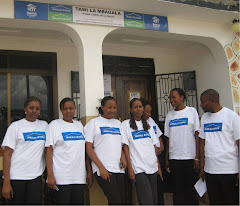
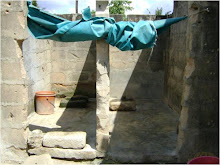

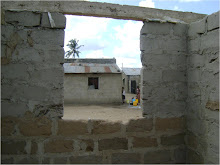
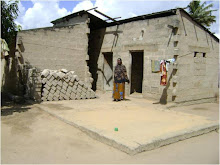
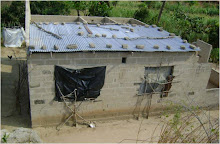
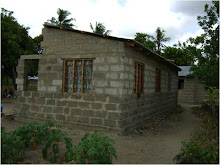

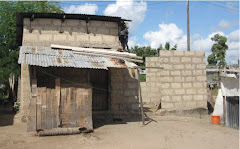






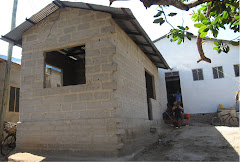.jpg)






